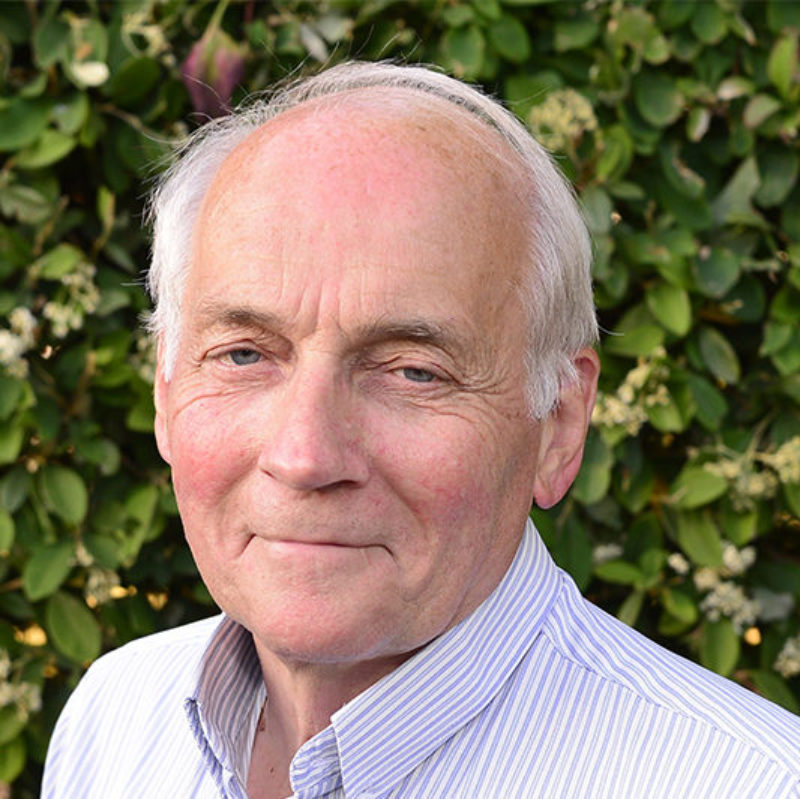Banbury, Chipping Norton & North Oxfordshire Labour Party Labour party for the Banbury constituency, which also includes Chipping Norton, Charlbury and the villages of North Oxfordshire.

As life returns to something like ‘normal’, it’s timely to reflect on our experience of the pandemic as a community and what should happen next!
Bicester can be proud of how community support has helped the people of the town over the last 14 months. Bicester food bank and the Bicester Community Fridge for example have been instrumental in supporting the vulnerable and those impacted financially by the crisis as well as tackling issues of food waste, while volunteers have been collecting and delivering groceries for those unable to get out themselves.
There are many more examples of support for friends and neighbours throughout the town and surrounding areas which have helped those less fortunate through the crisis. But it is worth asking to what extent the inequality in society is now much greater than before and, if so, what can be done to address the problem.
The Nuffield Foundation confirms that for people disadvantaged prior to the pandemic the experience was extremely difficult and that disadvantages have frequently intersected and increased. In other words, “We may be in this together, but that doesn’t mean we are in this equally”.
The younger generation will have the worst of it — and they haven’t had an easy decade so far. Workers under 25 are two and half times more likely than over 25s to have been working in sectors such as hospitality and (non-food) retail that have closed entirely – all too familiar in Bicester.
Young people leaving school or university this summer will be affected especially badly. Entering a labour market in the middle of a recession not only lowers their chances of getting a job but also lowers their wages substantially if they do, and those effects will likely persist for years.
Schoolchildren are equally likely to be disadvantaged. Sutton Trust found secondary schoolchildren at private schools were two and half times as likely to have daily online teaching as those at state schools. The Computer Clinic Bicester did a sterling job in recycling old laptops to schools but protracted periods out of school were particularly damaging for those from poorer backgrounds less able to access technology and be home schooled.
The impact on low earners looks even worse. The lowest-earning 10% of workers are seven times as likely as the highest earners to work in sectors that have closed and/or unable to work from home. Existing health inequalities have increased with thousands of non-urgent operations likely to hit older groups hardest and under-resourcing of social care has struggled to provide for the oldest and most frail.
So how should we tackle COVID-19’s lasting and increasing inequality? More investment from central and local government? Certainly but that’s not enough. The communities we live in and relationships we have are the primary source of our physical and mental health which affects the kind of life we are able to live and what part we can play in society. By investing in and with communities, local authorities can cultivate the conditions for people to flourish and, over time, reduce the demand for services at the point of crisis, even in a pandemic!.
Connecting people to their shared interests, and enabling them to exchange skills and resources, helps communities identify and take action on issues that are most important to them. There is good evidence that areas where this approach has been adopted have been more resilient during the crisis and less unequal coming out of it. It’s time our local authorities did the same and built on the community assets people of Bicester have developed.
